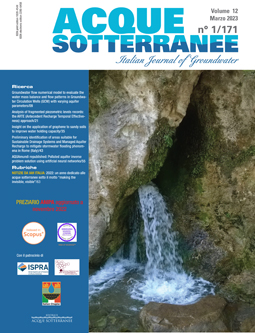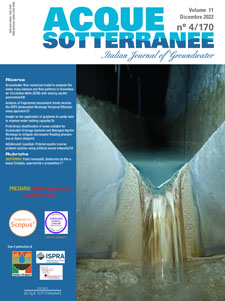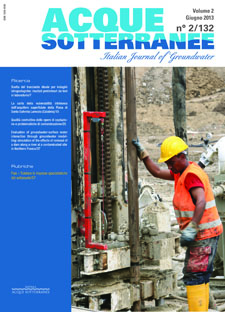A snapshot of policy and research considerations about water and climate change
Climate change impacts on the hydrological cycle (e.g. effects on atmospheric water vapour content, changes of precipitation patterns) have been linked to observed warming over several decades. Higher water temperatures and changes in extremes, including floods and droughts, are projected to affect water quality and exacerbate many forms of water pollution with possible negative impacts on ecosystems and human health, as well as water system reliability and operating costs. In addition, sea-level rise is projected to extend areas of salinisation of groundwater and estuaries, resulting in a decrease of freshwater availability for humans and ecosystems in coastal areas. Besides this, changes in water quantity and quality due to climate change are expected to affect food availability, water access and utilisation, especially in arid and semi-arid areas, as well as the operation of water infrastructure (e.g. hydropower, flood defences, irrigation systems). This chapter discusses how climate change might impact the reliability of current water management systems on the basis of expert reports prepared at global or EU level, namely reports of the Intergovernmental Panel on Climate Change (IPCC) and guidance documents of the Water Framework Directive Common Implementation Strategy. Examples of international research trends are described to illustrate on-going efforts to improve understanding and modelling of climate changes related to the hydrological cycles at scales that are relevant to decision making (possibly linked to policy).








